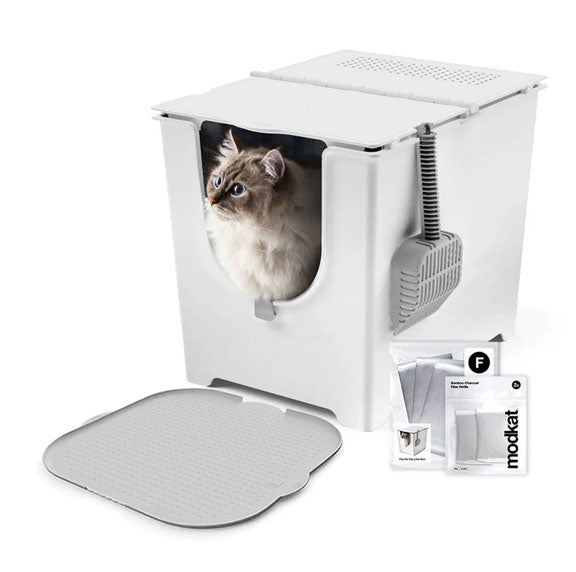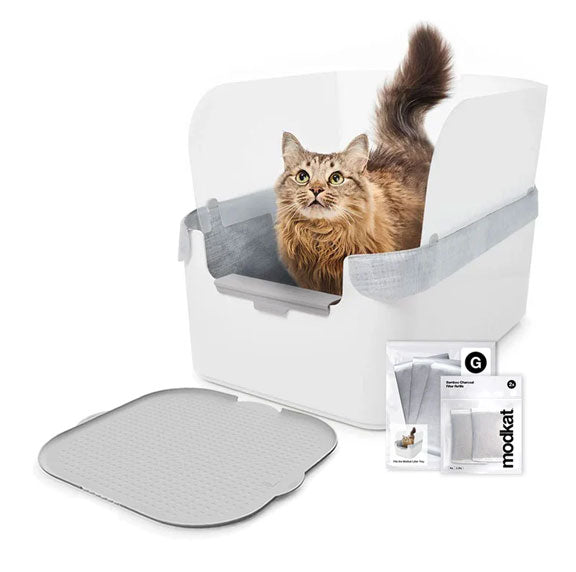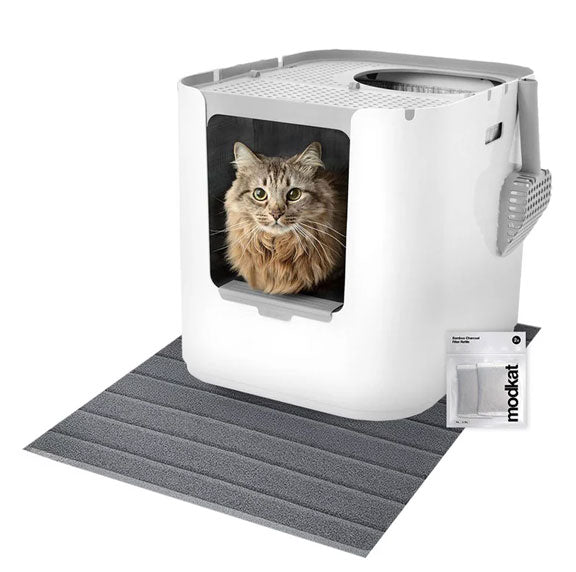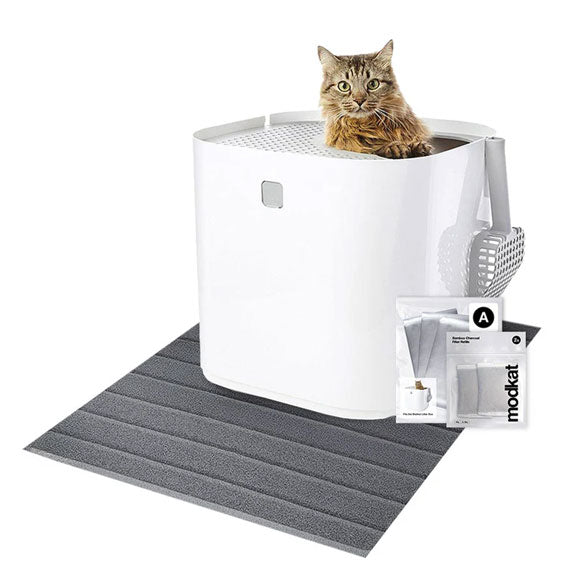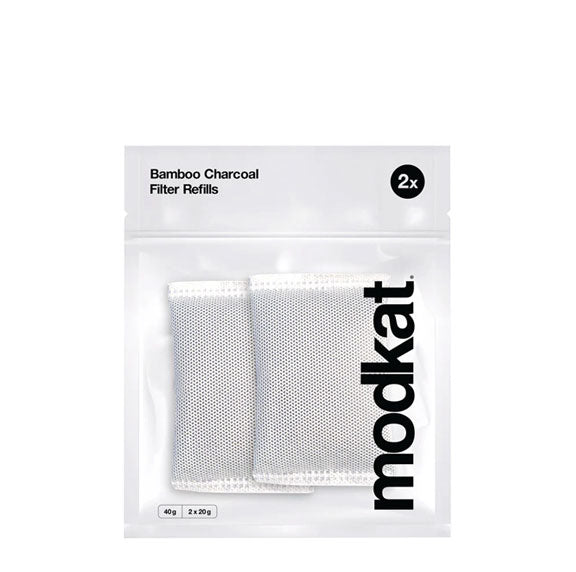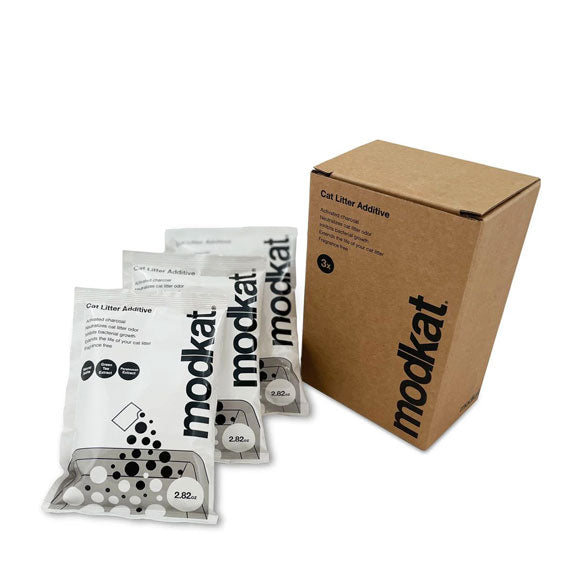Litter Boxes
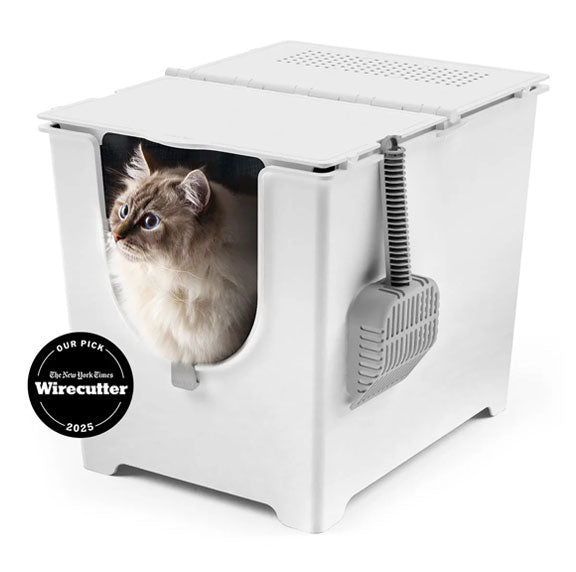
Modkat Flip
Front-Entry Litter Box
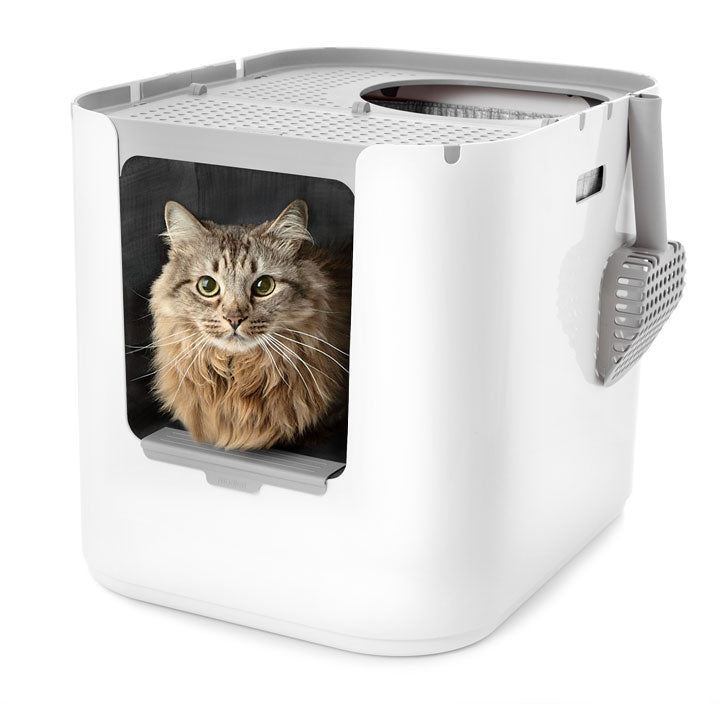
Modkat XL
Front/Top-Entry Litter Box
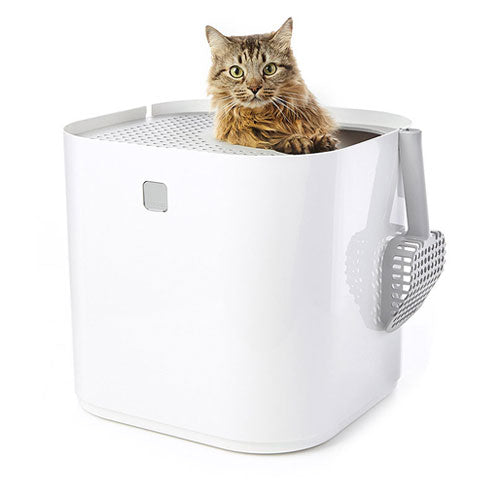
Modkat
Top-Entry Litter Box
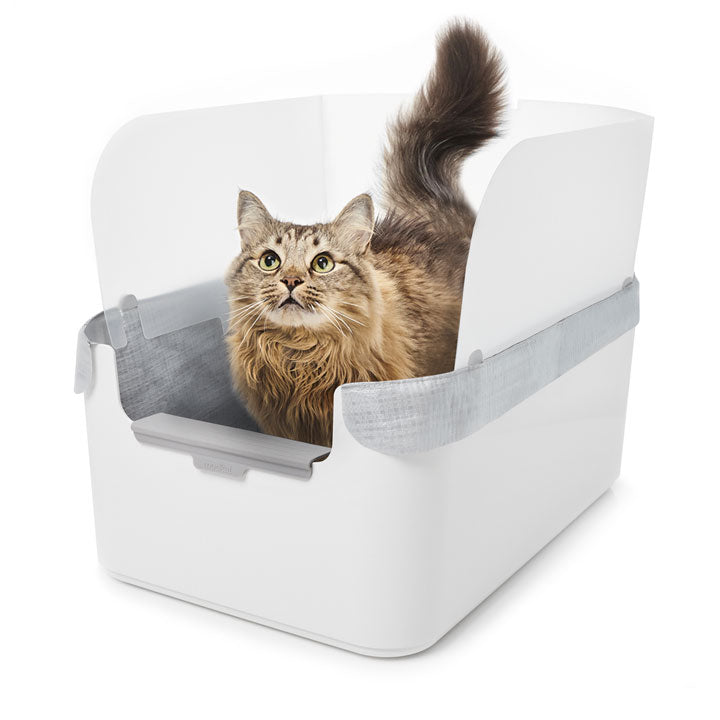
Modkat Tray
Open Litter Box
Starter Kits
Essentials
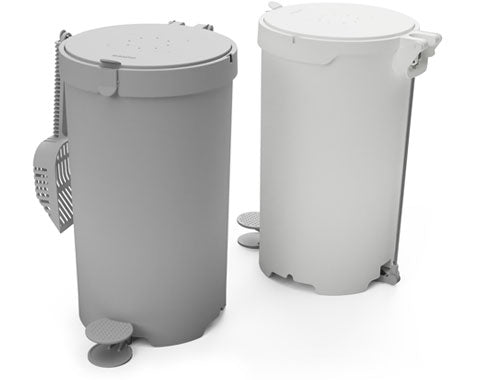
Litter Keeper
Two colors
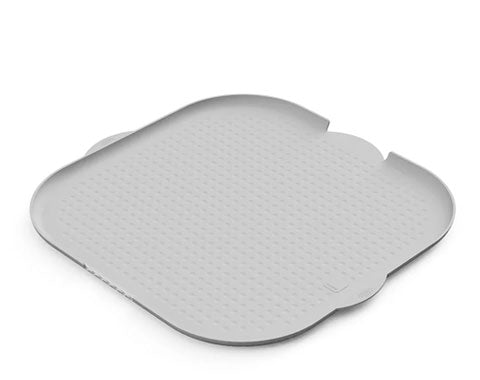
Litter Mats
Multiple styles, colors & sizes
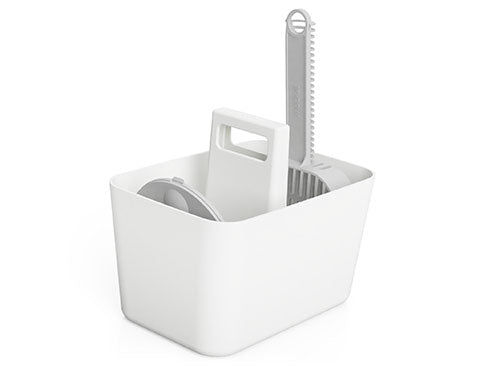
Tidy-Up Kit
Scoop holder & dustpan

Lounge + Play
Scratchers & toys
Refills
Add description, images, menus and links to your mega menu
A column with no settings can be used as a spacer
Link to your collections, sales and even external links
Add up to five columns
Add description, images, menus and links to your mega menu
A column with no settings can be used as a spacer
Link to your collections, sales and even external links
Add up to five columns
World's oldest living cats & how to tell if your cat will be one.
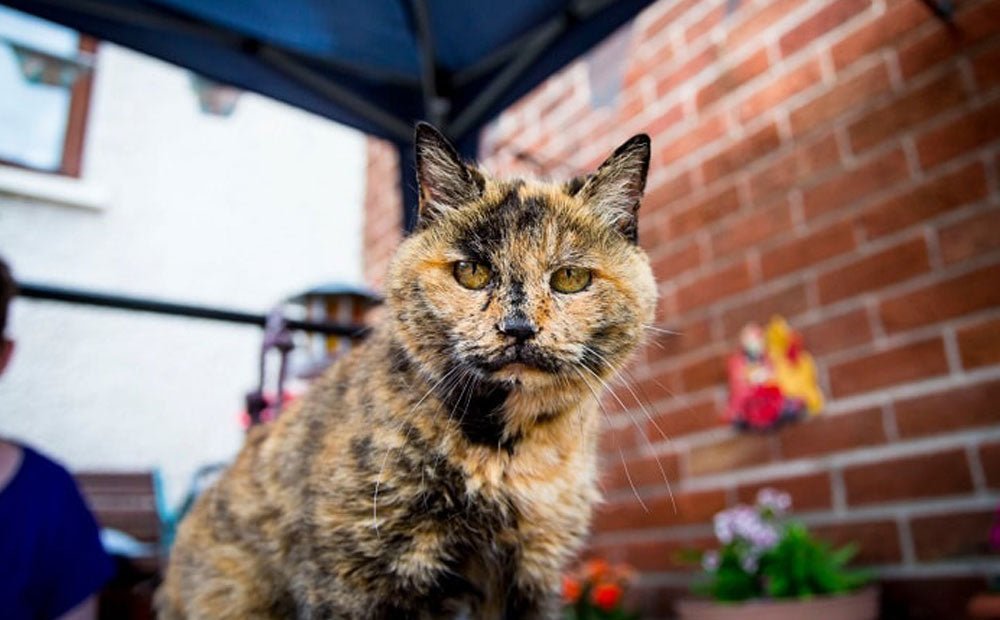
Sasha, 32 year old cat! Photo: thebestcatpage.com
How long does the average cat live? For cat lovers, the answer is always: not long enough!
But vets tell us the typical housecat - if well-fed, exercised, and given medical attention - should bring us joy (and captured mice) for about 12-15 years.
Some cats, though, far exceed the average expected lifespan. They are the superaged. The centenarians of the cat world!
Let's look at a few of the world's oldest living cats and see if your cat might be in line to join them.
Some of the world's oldest living cats.
One of the oldest cats ever recorded was a tortoiseshell beauty called Tiffany Two from California. She lived to be a staggering 27 years old!
While this is an impressive record, it's not the oldest cat who ever lived. The Guinness Book of World grants that honor to a Maine Coon named Creme Puff. She was born in 1967 and died in 2005, surviving to the ripe old age of 38. Creme Puff reportedly enjoyed bacon, eggs, and asparagus every morning along with an eye dropper of red wine every other day.
Other long-lived felines also partook of special diets. Ma, a female tabby cat in England, feasted daily on fresh meat from the local butcher. She lived to be 34 years and 5 months old. Granpa Rex Allen, a Texas-dwelling Sphynx/Devon-Rex cross, regularly consumed broccoli. He lived to be 34 years and 2 months old.
Of course, getting old is not all peaches and cream. Grandma Wad, an outdoor cat who lived in an orchard in Thailand, was attacked by dogs twice, leaving her with mobility problems. She still lived to be 34 years old, though. And Tiger, a ginger tabby in Illinois, proved that even the best of us can get a little grouchy in old age. Just before his death at age 31, Tiger would frequently swat the head of his best buddy — a pit bull!
Today, the oldest cat alive is a whopping 27 years old! This is an incredible feat, considering that the average life expectancy of a cat is between 12 and 20 years. It's also possible that this cat could potentially break the record set by Creme Puff if it continues to live a healthy life!
What does it take to live to a ripe old age? Is your pet likely to join the legions of geriatric cats? Let's find out.
Signs your cat will live a long life.
Figuring out a cat's age in human years is a bit more complicated than doing a simple equation. Generally speaking, cats reach adulthood at one year old, after which they gain approximately four cat years per human year. For example, an eight-year-old cat would be approximately 48 in human years.
However old your cat is now, you probably want to know how much longer she has to live. You can look at the following truths to see if your cat is on track for a long life.
The older you get, the longer you live.
Generally speaking, cats tend to reach their prime at around five years old and can stay vibrant into their 20s. Of course, this all depends on the breed and health of your cat, so if your cat is already in its twenties and still kicking up its heels, that's a good indication that it could be around for a while longer.
Like people, cats who exercise almost always outlive cats who don't. Active cats tend to stay healthy and energetic into their older years, whereas less active cats are more likely to suffer from age-related health issues that can ultimately shorten their lifespan. Make sure your cat gets plenty of exercise to keep them feeling young and vibrant!
Well-behaved cats typically DO make history.
Cat behavior is a sign of mental and physical health. Older cats may develop cognitive issues that can impact their quality of life. Signs of cognitive decline include sleeping more, appearing confused or disoriented, or forgetting simple things like where their food bowl is located. If you notice any of these changes in your cat, then it's time to see a veterinarian to make sure your pet is healthy and happy.
Of course, not all longevity is determined by lifestyle. Some is genetic. Female cats, for example, tend to outlive males, and neutered pets tend to live longer than intact ones. A few breeds, such as the American Wirehair, tend to live shorter lives due to their predisposition to certain diseases. On the other hand, cats like the Balinese may live longer due to their hardy nature.
With the right care and attention, though, there's no telling how long your cat may live.
How you can help your cat live a long and happy life.
If you're looking to extend your own cat's lifespan, there are a few things you can do.
- Make sure your cat gets plenty of nutritious food. Your cat should get about 52% of its calories from protein, 36% from fat, and 12% from carbohydrates. Their protein needs to come from animal sources such as meat and fish.
- Keep up with regular vet check-ups. Making sure your cat gets vaccinated, dewormed, and given an annual once-over by a professional. This can help prevent disease and illness. You may want to consider investing in pet insurance so you can have peace of mind knowing that you can provide your cat with the best veterinary care possible.
- Monitor their stress levels. Cats can get anxious just like humans do, so provide enough hiding places and toys to keep them entertained.
- Ensure plenty of exercise. Stimulate your cat with interactive playtime that helps them get moving and burn off excess energy. Active toys or a cat wheel can turn a sedate game into an active experience.
By following these simple tips and providing lots of love and attention, you can help your cat live a long and happy life.
How to care for a senior cat.
The average lifespan of a cat is around 15 years, although some cats can live up to 20 years or more. Vets often label cats as "seniors" at around 7-10 years of age. Older cats may be called "geriatric."
As cats age, they may begin to display some of the common signs of growing older, including weight loss, reduced activity levels, changes in behavior, and impaired vision or hearing. It’s important to recognize these signs as they can help you make sure your senior cat remains healthy and happy throughout their lifespan.
You can take a few steps to help keep your senior cat healthy.
Ensuring they get enough exercise is important. If possible, consider taking them on short walks outside, or setting up an indoor playground.
It’s also vital to provide them with plenty of mental stimulation. Puzzle feeders, toys, and interactive playtime can help keep their minds active.
Lastly, make sure to feed them high-quality food that is specifically designed for senior cats. Additionally, cats with loving homes tend to live longer than those without.
No cat lives forever, though, and aging cats often contract chronic diseases. Kidney disease, dental disease, degenerative joint disease, hyperthyroidism, hypertension, and diabetes are some of the common ailments that geriatric cats can acquire.
Nearly any disease, pain, or mobility impairment can affect your cat's behavior. So if your cat suddenly becomes aggressive, avoidant, or litter box shy, don't assume old age is to blame. Make an appointment with your vet.
Remember that all cats are different, so it’s impossible to accurately predict how long your own pet will live. By providing your senior cat with a loving home and proper care, however, you can ensure that they are happy and healthy for as long as possible.
No matter how old your cat is, it’s important to cherish every moment with them! Make sure to take lots of pictures and videos throughout their life so one day you can look back and remember all the special times spent together.
Shop the Modkat litter boxes and accessories to help your kitty live a happy, comfortable life as they age.
“It looks nicer than any other hooded or open option we considered.”

Categories
Meow from Brooklyn.
Sign up and get early access to product drops, exclusive offers, and the occasional cat meme.
Similar products related to this blog:
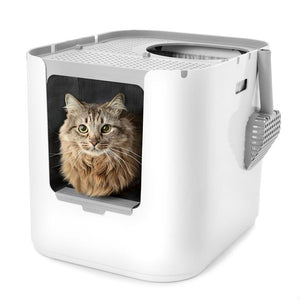
"It looks nicer than any other hooded or open option we considered."

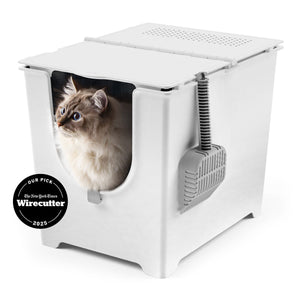
"This litter box keeps everything in, nothing gets out the sides."
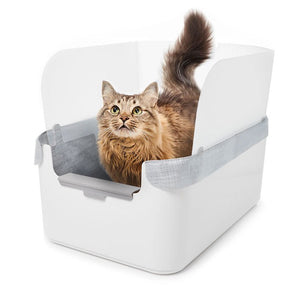
"My beautiful ragdoll cat and I both love the new Modkat Litter tray!"

